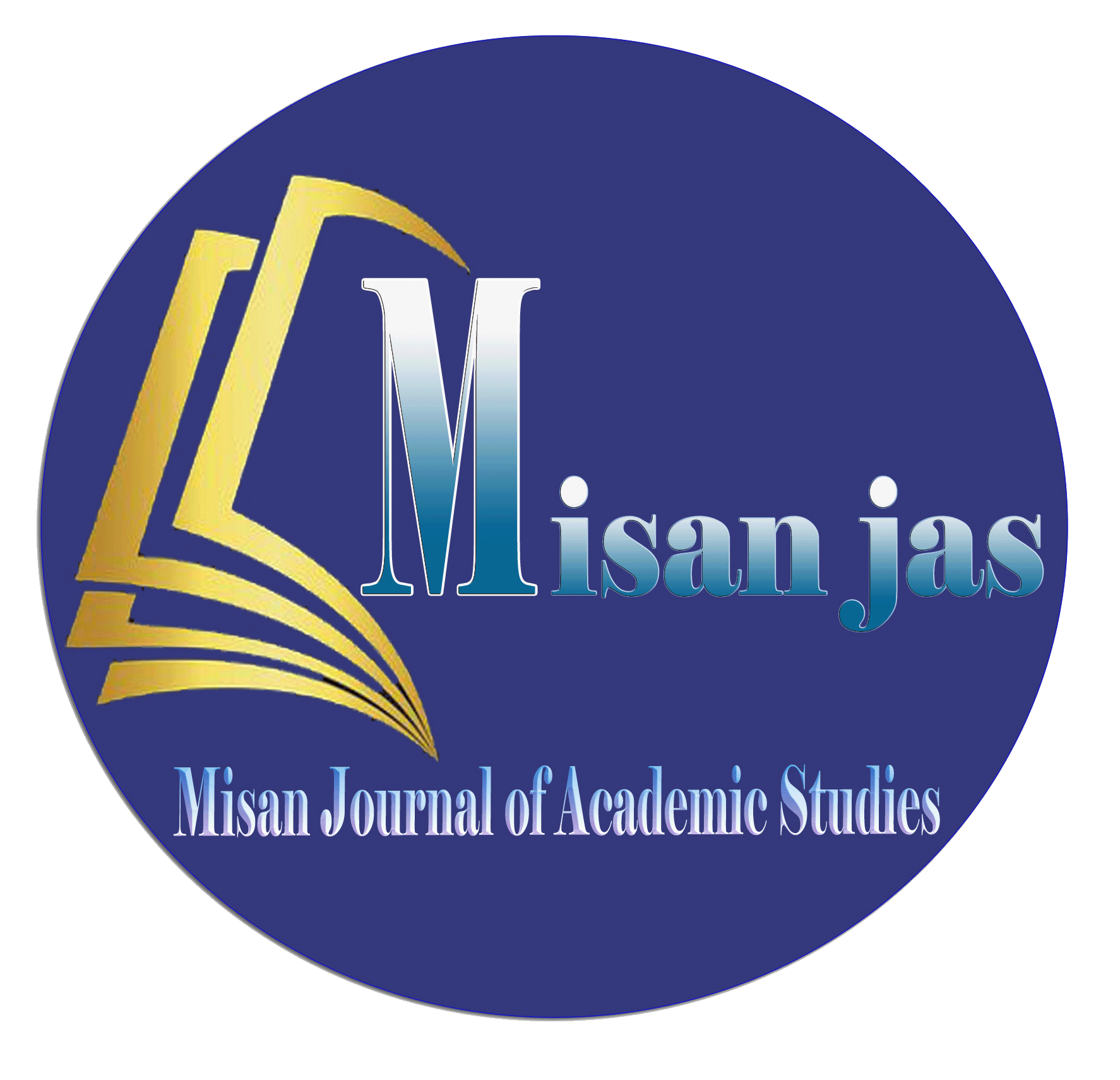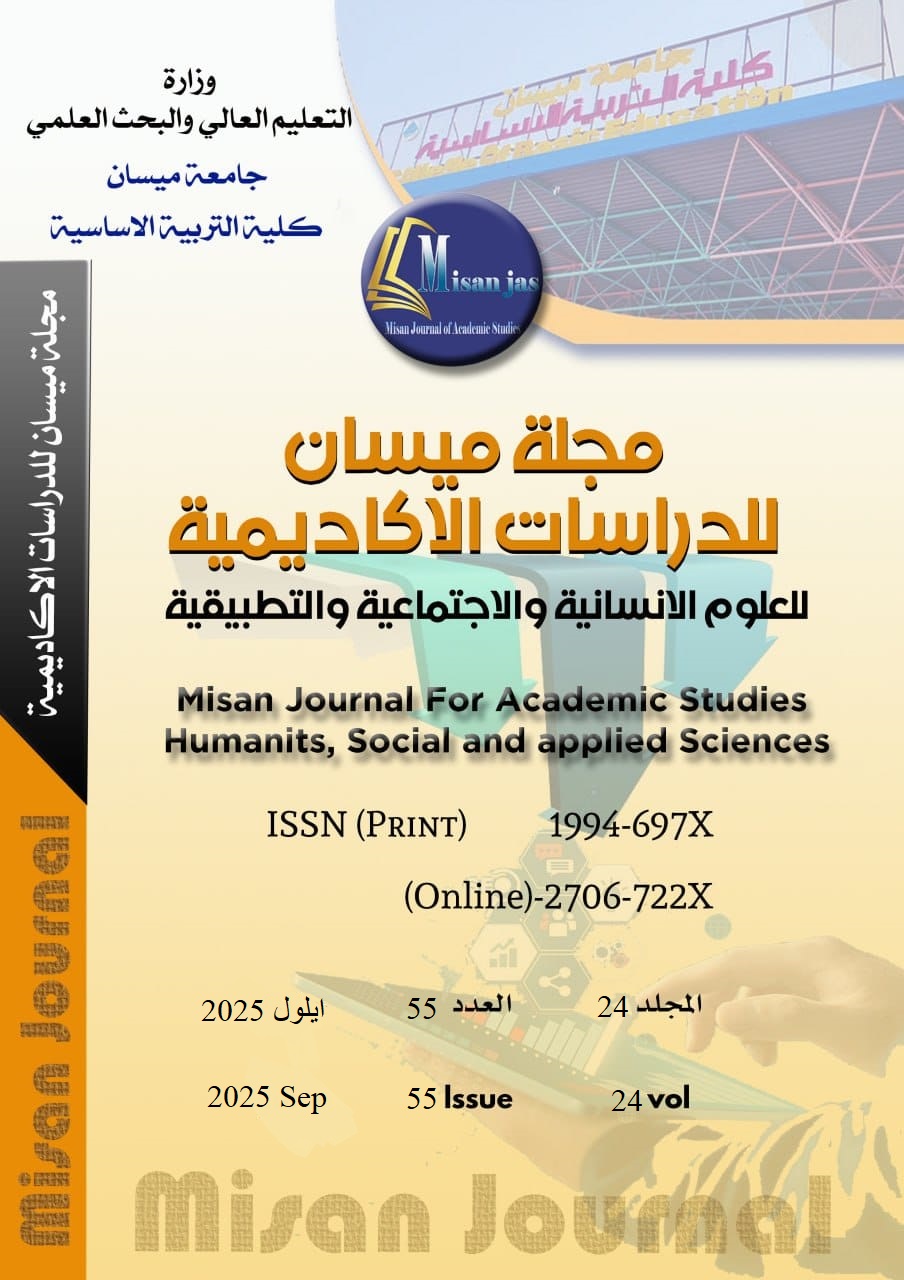Plantinga's Epistemological Justification for General Beliefs
الملخص
This research addresses the epistemological justification of general beliefs through Alvin Plantinga's thesis within the philosophy of religion and epistemology. It discusses the extent to which beliefs, particularly religious ones, require evidential support to be considered epistemically justified. Plantinga proposes an alternative to classical foundationalism and evidentialism through what he terms "Reformed Foundationalism," which allows certain basic beliefs to be self-justified, provided they result from cognitive faculties functioning properly in an appropriate environment. The research's significance lies in its critique of traditional models of epistemic justification, such as evidentialism and coherentism, which tend to exclude religious beliefs from the realm of rationality. This work distinguishes itself from previous studies by offering a complex analytical treatment that connects Plantinga's critique of classical foundationalism with his theory of warrant as a condition for knowledge, with an emphasis on its operational dimensions in the contemporary epistemological context. The study adopted a critical analytical methodology, comparing foundationalism, coherentism, and evidentialism with Plantinga's model of proper function, dissecting the conceptual underpinnings of his reformist project. It concludes that Plantinga adopts a modified externalist foundationalism, which holds that the justification of a belief does not necessitate infallibility, but rather the conformity of its production mechanisms to proper cognitive function. Furthermore, it posits the concept of "warrant" as a more realistic alternative to "justification," grounding it in a divine sense and epistemic virtues, thereby reshaping the relationship between reason and faith in a way that achieves a balance between philosophical critique and humanity's natural cognitive structure
التنزيلات
الحقوق الفكرية (c) 2025 مجلة ميسان للدراسات الأكاديمية (العلوم الانسانية والاجتماعية والتطبيقية)

هذا العمل مرخص حسب الرخصة Creative Commons Attribution-NonCommercial-NoDerivatives 4.0 International License.
تخضع جميع المقالات المنشورة في مجلتنا لشروط الترخيص
إسناد المشاع الإبداعي(CC BY-NC-ND 4.0)يسمح هذا الترخيص بإعادة إنتاج المحتوى وإعادة توزيعه وإعادة استخدامه كليًا أو جزئيًا لأي غرض مجانًا ، دون أي إذن من المؤلف (المؤلفين) أو الباحث او الطالب.
الأعمال المقدمة إلى مجلة ميسان للدراسات الاكاديمية للنشر في المجلة تخضع لشروط ترخيص(CC BY-NC-ND 4.0). حيث يمكن مشاركة المحتوى المتاح وتوزيعه وتكراره بشرط عدم وجود ربح تجاري ويجب منح الرصيد المناسب للمصدر الأصلي من خلال المصادر او الاستشهادات. من الضروري ومراجعة أي مواد تستخدم من مصادر أخرى بما في ذلك الأشكال والجداول والصور لإعادة استخدامها بموجب شروط ترخيص المشاع الإبداعي (CC BY-NC-ND 4.0). وبشرط عدم وجود تعديل على المحتوى الأصلي



